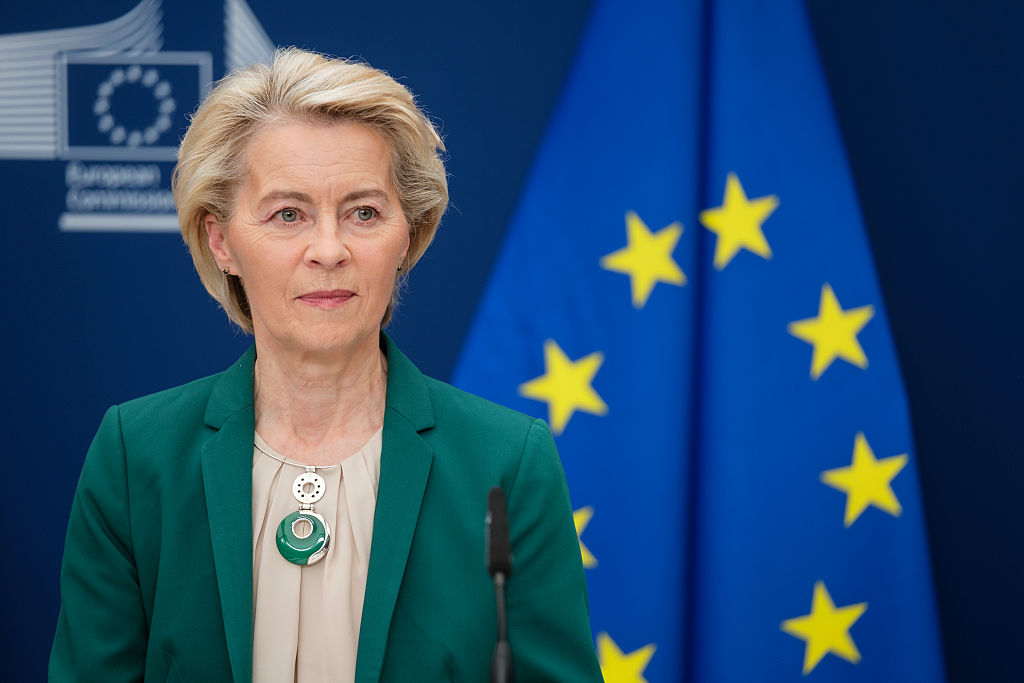Greece has remained one of Europe’s most popular tourist destinations but, for many Greeks, a full week of holiday has become financially out of reach.
According to July 14 data from Eurostat, the European Union’s statistics office, 46 per cent of Greece’s population aged 16 or over reported being unable to afford a one-week annual holiday away from home in 2024.
Greece was not the only country where a significant share of the population could not afford a holiday.
In Romania, the share is 58.6 per cent, the highest in the EU, followed by Bulgaria (41.4 per cent), Hungary (39.3), and Portugal (35.2).
Italy, Spain and Croatia all reported figures above 30 per cent. These were also among the most visited countries by Europeans, revealing a sharp divide between incoming tourism and local access to leisure.
Another Eurostat study tracking the destinations chosen by EU residents in 2023 for overnight intra-EU trips showed that Spain was a top pick, followed by Italy, France, Greece and Austria. Portugal, Hungary, the Netherlands and Germany completed the top 10.
At EU level, 27.0 per cent of people aged 16 or older reported being unable to afford a one-week annual holiday in 2024. That marked a long-term improvement, though: In 2014, the figure stood at 37.6 per cent, 10.6 percentage points higher. The year-on-year drop since 2023 was a more modest 1.5 points.
In France and Austria — also popular destinations — around one in five residents reported being unable to afford a holiday. This aligned with levels seen in Belgium, Germany and Ireland, forming a middle tier of travel affordability across western Europe.
Northern and western states dominated the top of the affordability ranking. Only 8.9 per cent of Luxembourg’s population said they were unable to take a week off, the lowest in the EU. Sweden (11.6), the Netherlands (13.0), Denmark and Finland (both around 14 per cent), and Norway (9.3) also reported low rates of travel unaffordability.
Luxembourg — where residents were most likely to be able to afford a holiday — ranked near the bottom for tourist nights spent there. Latvia and Lithuania were the only countries with fewer overnight visits in 2023.
In 2024, 27.0% of the EU’s population aged 16 or older were unable to afford 1 week of annual holidays away from home.🎒⛱
Highest shares in:
🇷🇴Romania (58.6%)
🇬🇷Greece (46.0%)Lowest in:
🇱🇺Luxembourg (8.9%)
🇸🇪Sweden (11.6%)Learn more 👉 https://t.co/A4NbmEnNTs pic.twitter.com/7xAMKO4hAz
— EU_Eurostat (@EU_Eurostat) July 14, 2025
Tourism played a significant economic role across the bloc. According to Eurostat, the sector contributed around 4.5 per cent to the EU’s gross value added.
Six EU member states were among the world’s top 10 destinations for international tourism, based on UN World Tourism Organisation data cited in the release. The sector also supported employment, local income and the development of rural and peripheral areas.
Yiannis Paraschis, president of the Greek Tourism Confederation (SETE), told The Greek Reporter on June 18 pointed to the sector’s strategic role, noting that inbound tourism now accounted for 84.4 per cent of all receipts and offset 71.5 per cent of the national goods trade deficit.
Greece’s tourism industry, in particular, has been experiencing an unprecedented boom, achieving a second consecutive record-breaking year in 2024.
The country welcomed more than 40 million visitors, generating €21.7 billion in direct revenue, a 5.4 per cent increase compared to 2023.
According to the Bank of Greece, tourism contributed 13 per cent to national GDP. Projections suggested 2025 may surpass these figures.
But, while visitor numbers have grown, Greece’s economy told a more complicated story: Tourism alone would not save it.
According to the World Bank and Statista, services made up 68.6 per cent of GDP between 2013 and 2023. Industry accounted for 15.2 per cent, and agriculture 3.3 per cent.
The country was producing fewer goods than ever and remained heavily dependent on imports. The manufacturing sector has continued to shrink, leaving Greece reliant on services and external demand.
The economic benefits of tourism were also unevenly distributed. For many Greek households, rising costs outweighed any trickle-down effect. Record tourism receipts may make headlines but they have done little to ease pressure at the checkout counter.
The boom has also led to new pressures. Greece recorded 1.6 million international air arrivals in the first quarter of 2024, up by 77,000 compared to the same period in 2023. But, while some Greek islands continued to dominate, others have been slipping.
Santorini, Mykonos and Paros, long considered heavyweight destinations, were facing a rocky start to the summer. Meanwhile, Crete, Rhodes and the Ionian islands were seeing strong growth, boosted by a rise in direct, self-booked holidays.
Over-tourism was again a pressing concern. From 21 July 2025, cruise passengers visiting high-traffic islands such as Mykonos and Santorini will face a new seasonal tax of £17, with rates varying by time of year.
The measure is aimed at managing overcrowding and preserving local resources as part of a broader effort to ensure sustainable development in the face of record arrivals.





